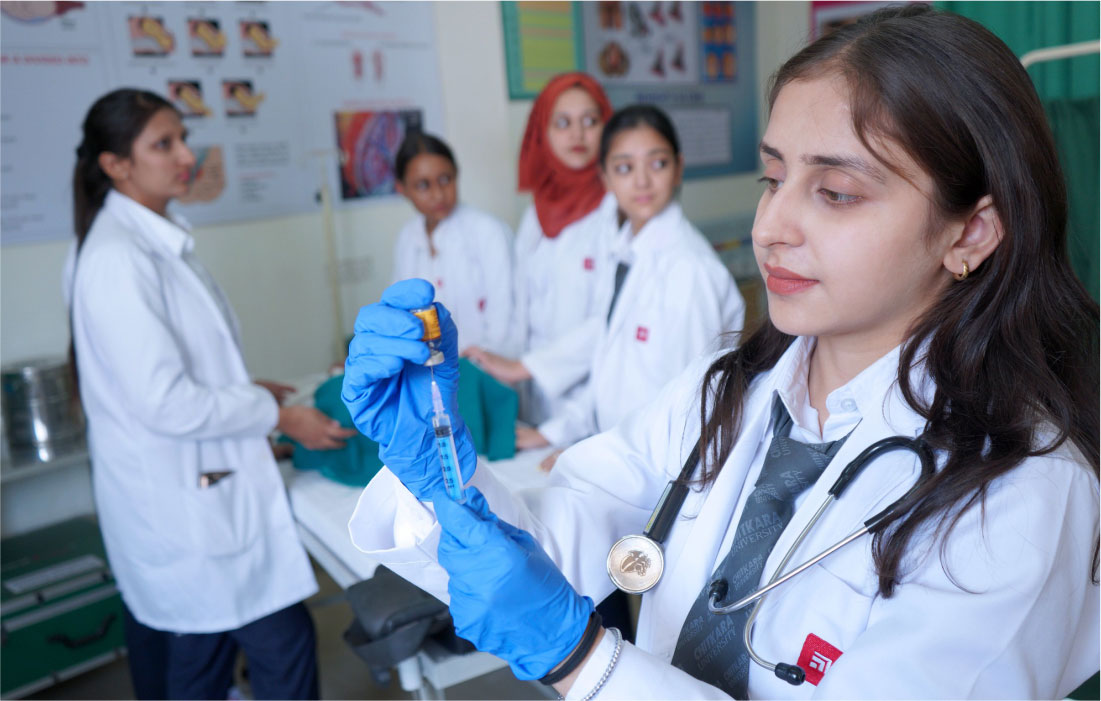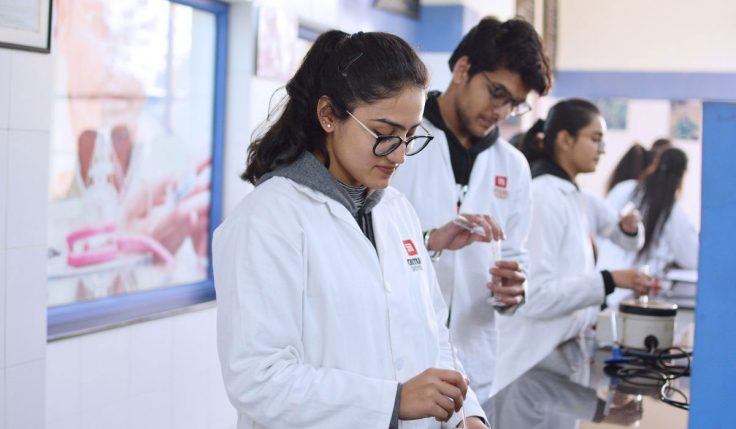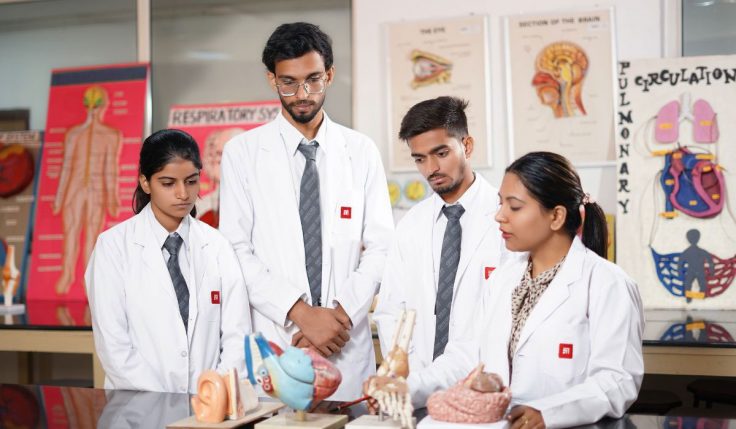If you have ever been unwell, then the first medical professional you encountered was possibly a member of the nursing staff—also called nurses. Nurses are the backbone of the modern medical infrastructure and play a significant role in patient care and counselling, policy implementation, service coordination and disease prevention. Nurses have a role in every department in a hospital from surgery to outpatient services, dietetics, safety, first aid, medical record management and community outreach. Such is the importance of nurses that a modern hospital will cease to function without them.
Ever since the establishment of the modern profession of Nursing in the late 1800s by Florence Nightingale, this medical community has grown by leaps and bounds to become an indispensable part of any healthcare setting. It is its first line of defence for hospitals and clinics during regular days and in times of crisis.
Disease prevention is building a healthier community at large through various techniques. These disease prevention techniques are divided into three different types:
Primary
This includes measures taken by healthcare professionals to prevent the onset of a particular disease by encouraging positive health behaviours such as wearing seat belts to prevent vehicular injuries or immunization to reduce mortality rates.
Secondary
Identifying individuals with high disease risk factors through screenings and regular care.
Tertiary
Treating existing diseases in patients by creating a care plan and minimizing future complications.
Nurses are pivotal in reducing disease outbreaks and promoting a healthier lifestyle for society. They do this through outreach programs and patient guidance, helping patients visiting the hospital, their caretakers, and the public about how to prevent diseases and lead healthier lives. For example, during the COVID-19 pandemic, nurses ensured that people adhered to medical advisories and observed necessary precautions during and after the pandemic. Or for example, a nurse dressing a patient’s wound can educate them about the importance of getting a tetanus booster shot, taking essential vitamins and antibiotics and keeping the wound site clean.
India could only eradicate diseases like smallpox and polio from its massive, billion-strong population through the efforts of its nursing staff that braved all societal pressures and other difficulties to help educate parents and immunize millions of children in the country. Nurses are at the forefront of every major medical campaign. This includes mass immunization drives, helping the community embrace modern medicine instead of archaic means and providing hands-on care on-site.
Nursing is one of the few areas of work where the staff works hands-on with patients every day. This helps them to have the most significant impact on the well-being of their patients. Therefore, nursing staff must be well-versed in nutrition, dietary, medications and safety simultaneously to ensure they can help their patients lead healthier lives. In fact, nursing staff play a major role in ensuring that they educate society to give up ills such as drinking and smoking and lead a healthier life. This helps them to reduce incidents of hospital visits and build a healthier nation.
Preventive health is essential for building a healthy community—and country. Nurses are tasked with improving community health by establishing and running healthcare camps. As these camps are staffed and run by nurses, they help to improve health awareness and education in the masses by encouraging:
- Regular exercise
- Weight management
- Smoking and drinking cessation
- Disease control for existing diseases
- Regular screening
A graduate or postgraduate program in Nursing from Chitkara University helps you get ready for a rewarding career in nursing. The program, in collaboration with Fortis Hospitals, helps students understand the philosophy, objectives and responsibilities of Nursing as a profession. It integrates the knowledge of various fields to provide holistic care to patients and their families through healthcare promotion, disease spread and infection prevention, care during illness, and rehabilitation post-recovery.
Master’s degree courses in Nursing from Chitkara University help graduate nurses apply knowledge from physical, biological & behavioural sciences, medicine (including alternative systems), and nursing in providing nursing care to individuals, families and communities. The industry-designed and relevant course helps students to specialize in a particular domain and lead teams of nurses, building a more robust healthcare community.
As health promotion and disease prevention become the mainstay of healthcare services worldwide, nurses continue to play an active role in this endeavour. Nurses help patients across the health continuum to ensure patients lead healthier, more fulfilling lives. They educate, inform and support those who wish to be in charge of their own health and become the foundation for a healthier world.






